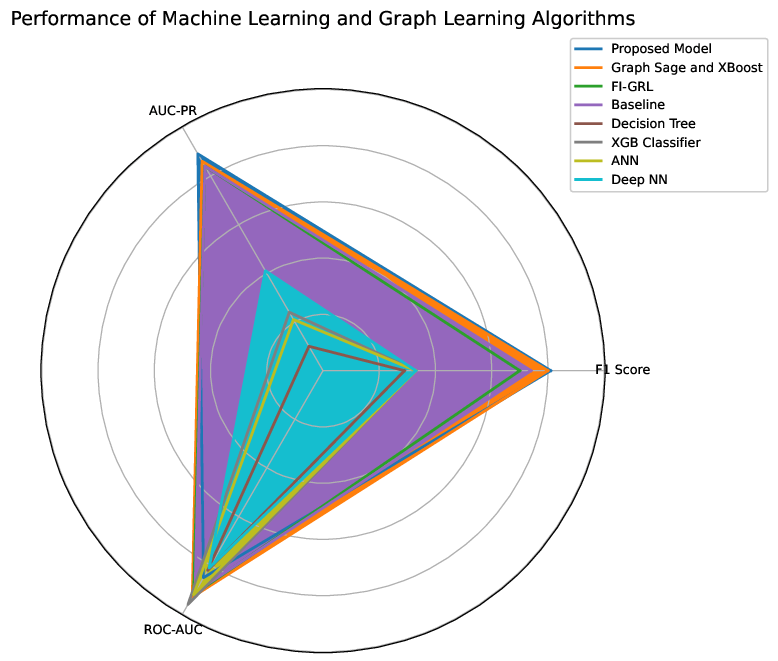AI-Driven Dynamic Selection of Post-Quantum Algorithms for Mobile Application Security
DOI:
https://doi.org/10.62019/eq34ar93Abstract
The emergence of quantum computing poses a critical threat to classical cryptographic mechanisms, particularly within resource-constrained mobile platforms. This paper presents a novel artificial intelligence-based framework for the dynamic and context-aware selection of post-quantum cryptographic (PQC) algorithms, aimed at enhancing mobile application security against quantum adversaries. The proposed system, termed Reinforcement Learning-based Adaptive PQC Selector (RLA-PQCS), integrates a Q-learning agent with a model-agnostic meta-learning (MAML) architecture to enable real-time algorithm selection based on varying operational conditions such as device load, battery status, network latency, threat level and data sensitivity. RLA-PQCS operates within a Markov Decision Process (MDP), where system states represent contextual mobile parameters and actions correspond to selecting PQC algorithms from a predefined candidate set comprising Kyber, Dilithium, Falcon and SPHINCS+. A multi-objective reward function is formulated to jointly optimize cryptographic strength (measured in security bits), energy efficiency, execution latency and algorithmic robustness against quantum attacks. The meta-learning module enhances the system's adaptability to previously unseen configurations enabling few-shot learning on new devices and threat profiles. Training and validation are conducted on a hybrid dataset combining real-world telemetry from Android-based environments and synthetically generated threat scenarios. Experimental results demonstrate that the proposed framework achieves up to 38% improvement in energy efficiency, 27% reduction in cryptographic execution latency and enhanced security adaptability compared to static PQC assignment approaches. Furthermore, the system aligns with the NIST post-quantum cryptography standardization framework and supports forward secrecy under dynamic threat landscapes. The proposed RLA-PQCS framework contributes a deep, lightweight and AI-driven mechanism for embedding quantum-resilient cryptographic agility into mobile applications, establishing a foundation for secure communication in the post-quantum era.

Downloads
Published
Issue
Section
License
Copyright (c) 2025 Abdul Karim Sajid Ali, Aamir Raza, Haroon Arif , Ali Abbas Hussain

This work is licensed under a Creative Commons Attribution-NonCommercial-NoDerivatives 4.0 International License.






